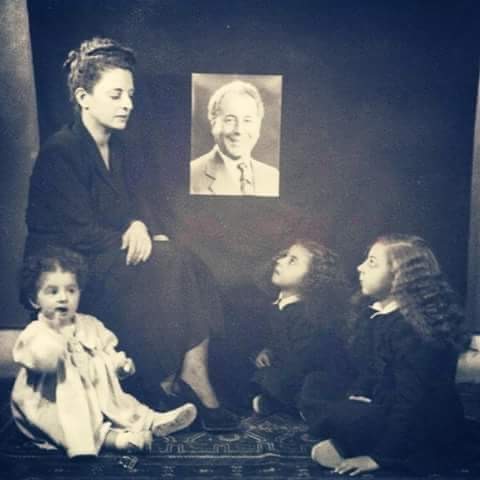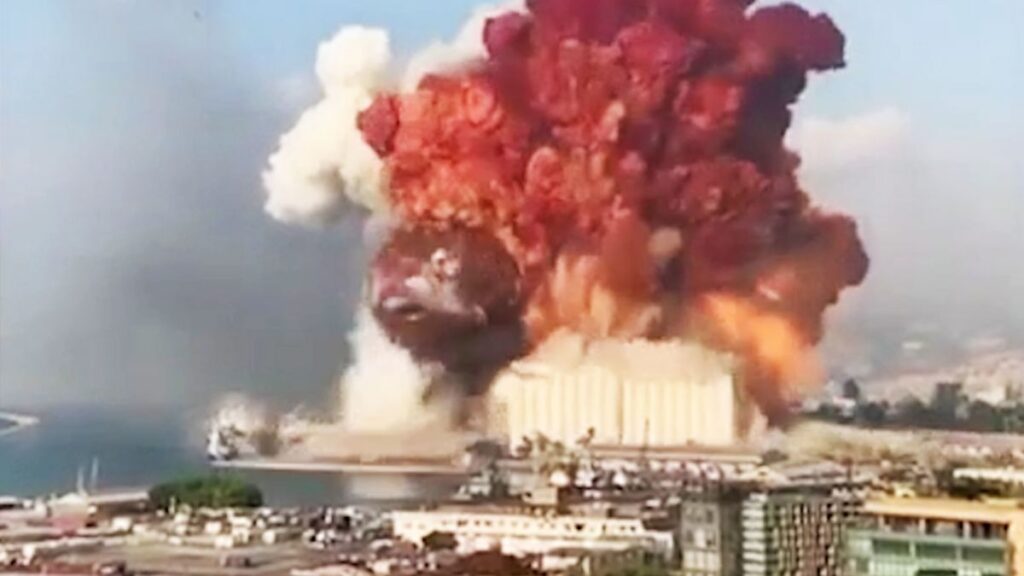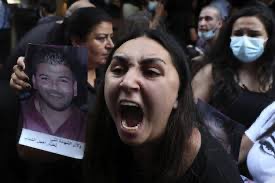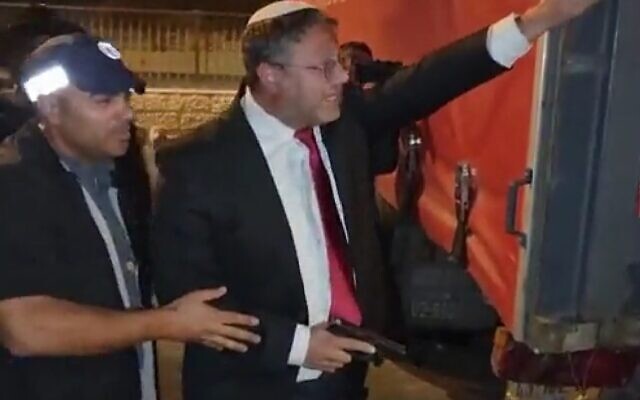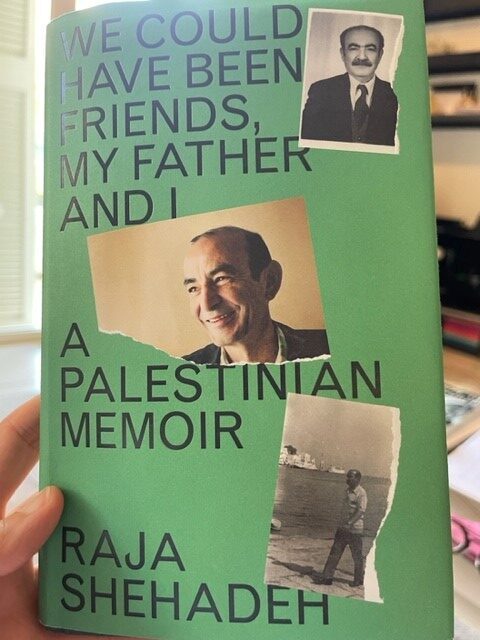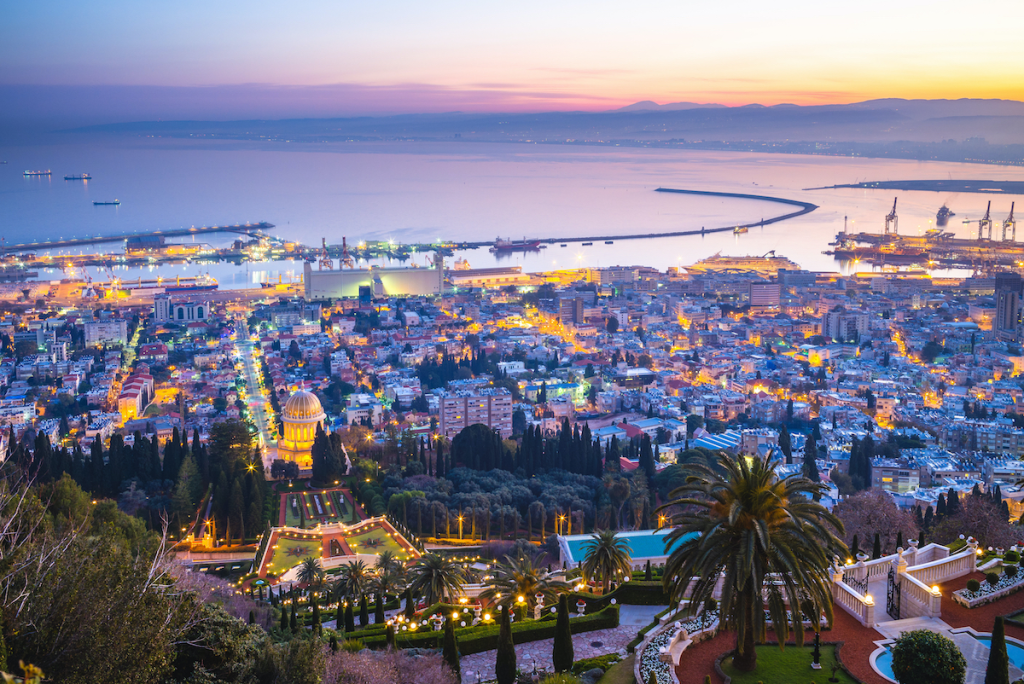Juliette Elmir Sa’adeh And Our Syrian Dreams And Nightmares Part 2
Khalil Haddad was the salt of the earth. His hometown in Lebanon was tiny Baskinta, way up north. His accent, which decades in America failed to soften, remained lovely and true to home. His demeanor was gregarious, his nature very kind and giving, his smile constant, his storytelling legendary.
We called him Amou (uncle) Khalil, as all Arab youngsters call their male elders. But Amou Khalil, a dear friend of my father’s since their school days at International College (IC), loved us as a family uncle would, and we loved him back.
We first met Amou Khalil in Washington D.C in the late 1970s. In age, we four siblings were anywhere between very young (21) and little (10). I hovered in the middle, at 15.
From high school at Holton Arms through my undergraduate years at Georgetown University, Amou Khalil was ever present. And then life, as is often its wont, found us continents apart.

